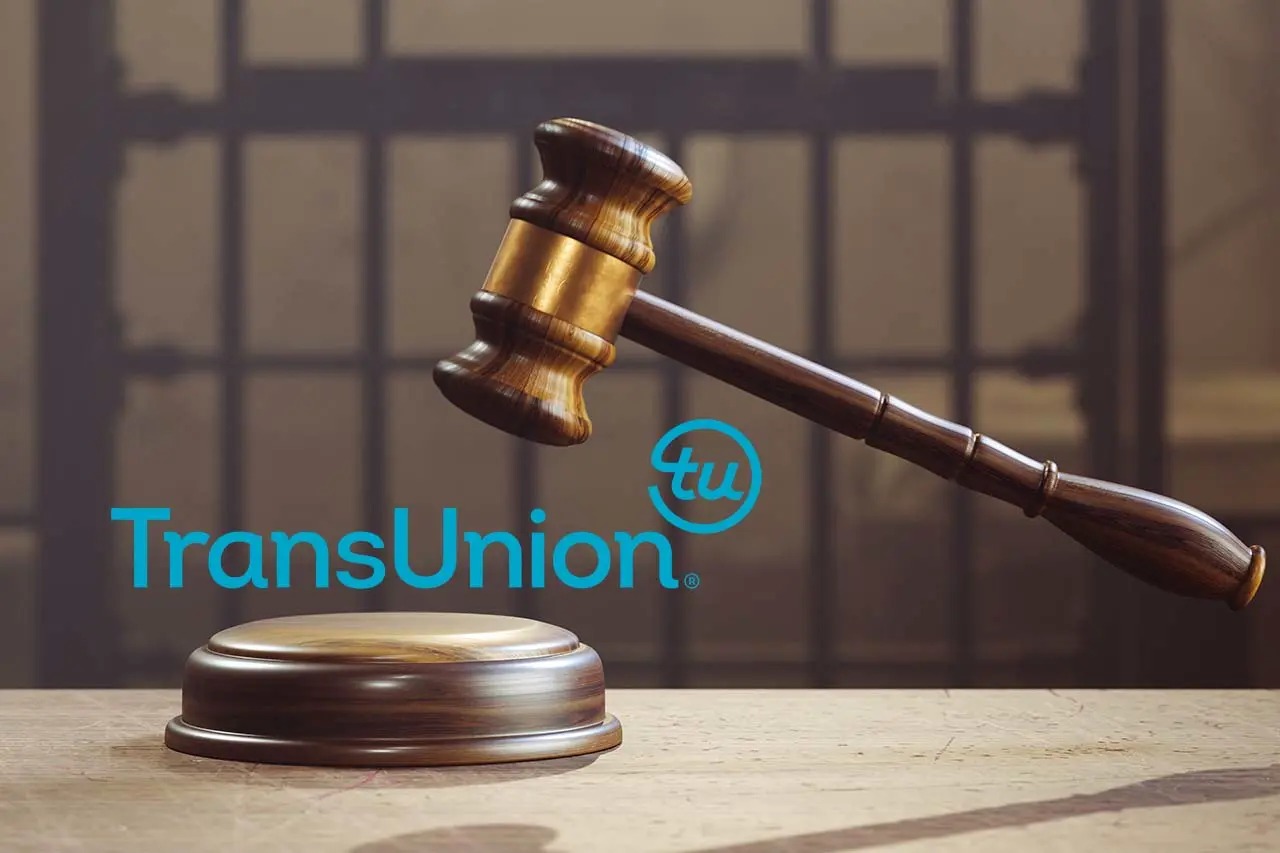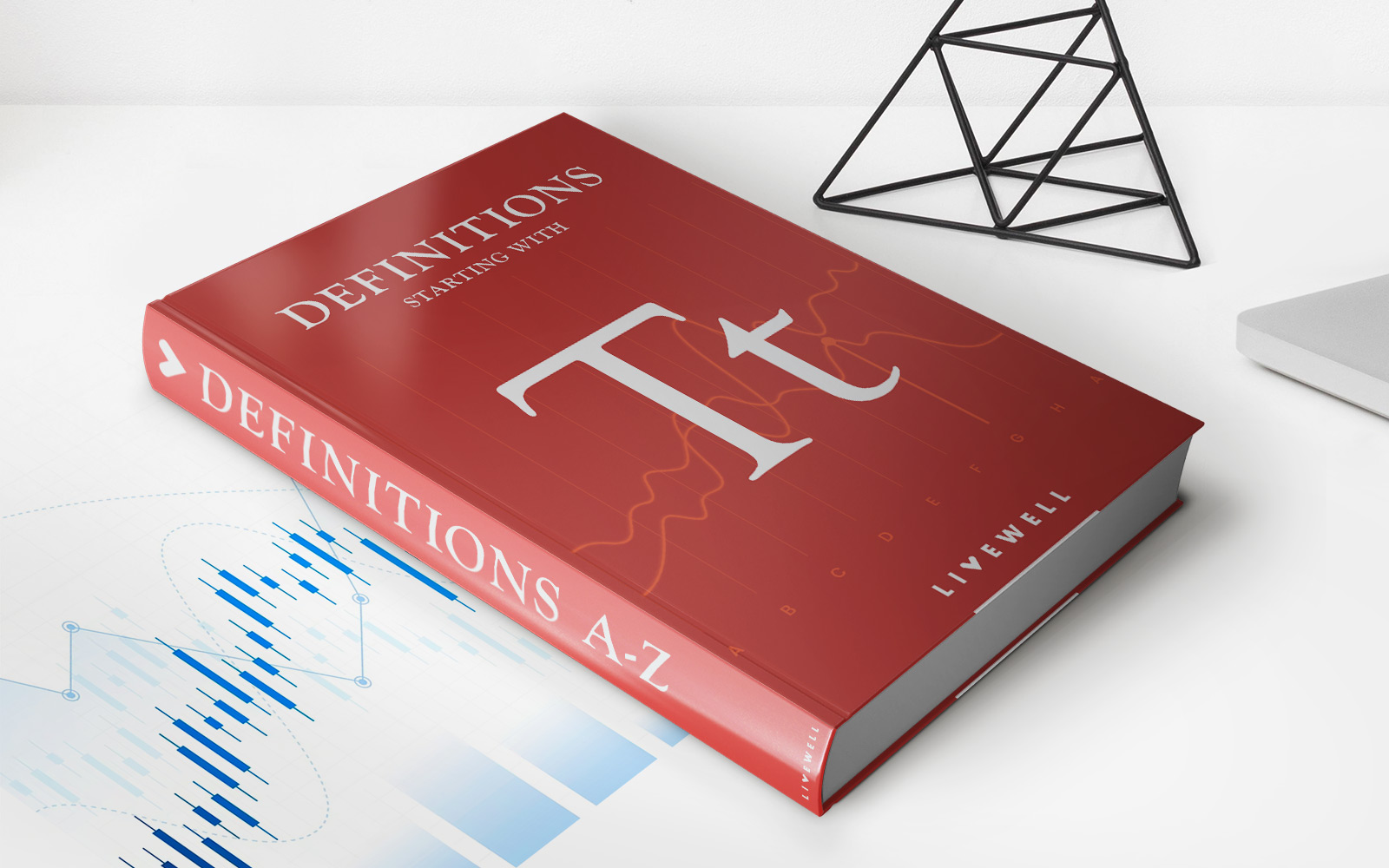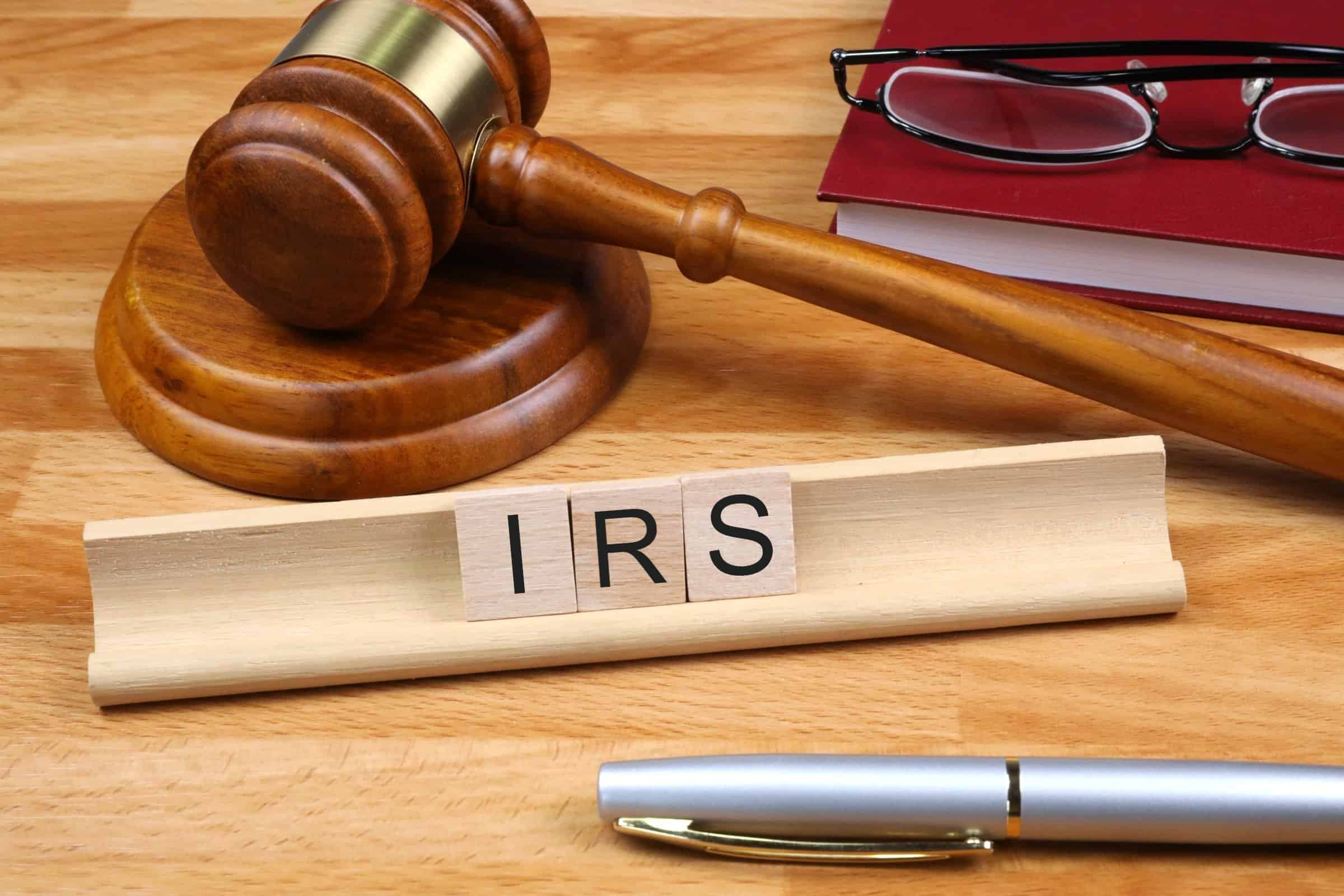Home>Finance>How The FCBA Helps People Dispute Billing Errors On Revolving Credit Accounts


Finance
How The FCBA Helps People Dispute Billing Errors On Revolving Credit Accounts
Modified: March 1, 2024
Learn how the FCBA empowers individuals to challenge billing mistakes on revolving credit accounts. Discover how this finance law safeguards consumers' rights.
(Many of the links in this article redirect to a specific reviewed product. Your purchase of these products through affiliate links helps to generate commission for LiveWell, at no extra cost. Learn more)
Table of Contents
Introduction
The Fair Credit Billing Act (FCBA) stands as a crucial safeguard for consumers in the United States, offering protection and recourse in cases of billing errors on revolving credit accounts. This legislation, enacted in 1974, provides a framework for addressing discrepancies and unauthorized charges on credit card statements, thereby empowering individuals to assert their rights and seek resolution when faced with billing inaccuracies.
Navigating the realm of credit can be complex, and errors in billing statements are not uncommon. From erroneous charges to faulty calculations, these discrepancies can significantly impact an individual's financial well-being. The FCBA serves as a shield, equipping consumers with the means to challenge and rectify such errors, thereby fostering transparency and accountability within the credit industry.
Understanding the nuances of the FCBA and how it applies to disputing billing errors on revolving credit accounts is vital for anyone seeking to assert their rights as a consumer. In the sections that follow, we will delve into the intricacies of this essential legislation, exploring the steps involved in disputing billing errors and the protections it affords to individuals. By gaining insight into the workings of the FCBA, individuals can confidently navigate the process of addressing billing discrepancies and safeguarding their financial standing.
Understanding the Fair Credit Billing Act (FCBA)
The Fair Credit Billing Act (FCBA) is a federal law designed to protect consumers from unfair billing practices and errors on revolving credit accounts, including credit cards. Enacted in 1974, the FCBA outlines the procedures for addressing billing disputes, unauthorized charges, and other inaccuracies that may appear on credit card statements. This legislation applies to open-end credit accounts, where the balance fluctuates based on the amount borrowed and the payments made.
Under the FCBA, consumers have the right to dispute billing errors and unauthorized charges directly with the creditor. The law mandates that creditors must acknowledge written notices of billing errors within 30 days of receiving them and investigate the issues within two billing cycles, which cannot exceed 90 days. During this period, the creditor is prohibited from taking any action to collect the disputed amount and must provide written acknowledgment of the receipt of the consumer’s notification.
Furthermore, the FCBA delineates specific types of billing errors that consumers can dispute, including unauthorized charges, charges for undelivered goods or services, and errors in the calculation of the billing amount. This legislation also stipulates that consumers are not liable for the disputed amount during the investigation period, and their credit standing cannot be adversely affected due to the contested charges.
By comprehending the provisions of the FCBA, consumers can effectively exercise their rights when faced with billing discrepancies on their revolving credit accounts. This knowledge empowers individuals to engage with creditors confidently, knowing that they are supported by a legal framework that upholds fairness and accuracy in credit billing practices.
Disputing Billing Errors on Revolving Credit Accounts
When discrepancies or unauthorized charges appear on a credit card statement, it is crucial for consumers to understand the process of disputing these billing errors under the Fair Credit Billing Act (FCBA). The FCBA provides clear guidelines for addressing such issues, empowering individuals to take action when faced with inaccuracies on their revolving credit accounts.
Upon discovering a billing error, the first step is to notify the creditor in writing. This notification should be sent to the address provided for billing inquiries and not the payment address. The communication must include the consumer’s name, account number, a description of the billing error, and the reasons why it is believed to be erroneous. It is advisable to send this correspondence via certified mail with a return receipt requested to ensure documentation of the notification.
Upon receiving the consumer’s written notice of a billing error, the creditor is obligated to acknowledge the communication within 30 days. During this time, the consumer is not required to make payment on the disputed amount, and no adverse action can be taken against them for non-payment. The creditor then has two billing cycles, not exceeding 90 days, to conduct an investigation into the matter and resolve the dispute.
It is important for consumers to retain copies of all correspondence and documentation related to the dispute, including the initial notification, the return receipt, and any responses or communications from the creditor. This comprehensive record-keeping can serve as vital evidence in the event that further action is required to resolve the dispute.
By understanding the process of disputing billing errors on revolving credit accounts and adhering to the procedures outlined in the FCBA, consumers can effectively assert their rights and work towards a fair and accurate resolution of the discrepancies impacting their credit statements.
Steps to Take When Notifying the Creditor
When disputing billing errors on revolving credit accounts in accordance with the Fair Credit Billing Act (FCBA), it is essential for consumers to follow specific steps when notifying the creditor of the discrepancies. By adhering to these procedures, individuals can ensure that their concerns are effectively communicated and that they are positioned to assert their rights under the FCBA.
The first step in disputing a billing error is to notify the creditor in writing. This written communication should be sent to the address specified for billing inquiries and not the payment address. It is crucial to include the consumer’s name, account number, a clear and detailed description of the billing error, and the reasons why it is believed to be erroneous. Providing as much specific information as possible, such as the date of the disputed charge and any relevant transaction details, can bolster the consumer’s case and facilitate a swift resolution.
When sending the written notification, it is advisable to utilize certified mail with a return receipt requested. This approach provides documentation of the communication, including the date of receipt by the creditor, which can be valuable in the event of any subsequent dispute or escalation of the matter. Retaining a copy of the written notification and all related correspondence is also essential, as it serves as a comprehensive record of the consumer’s efforts to address the billing error.
Upon receiving the consumer’s written notice of a billing error, the creditor is obligated to acknowledge the communication within 30 days. This acknowledgment serves as confirmation that the creditor has received the notification and initiates the timeline for the investigation and resolution of the dispute. Throughout this process, maintaining open lines of communication with the creditor and being prepared to provide additional information or documentation as requested can expedite the resolution of the billing error.
By meticulously following these steps when notifying the creditor of billing errors on their revolving credit accounts, consumers can lay the groundwork for a thorough and effective resolution process, leveraging the protections afforded to them under the FCBA.
What Happens After You Notify the Creditor
Following the notification of a billing error to the creditor in accordance with the Fair Credit Billing Act (FCBA), specific procedures come into play to address the dispute and rectify the inaccuracies on the consumer’s revolving credit account. Understanding the subsequent steps in this process is pivotal for individuals seeking resolution and recourse after notifying the creditor of the billing discrepancies.
Upon receiving the consumer’s written notice of a billing error, the creditor is mandated to acknowledge the communication within 30 days. This acknowledgment serves as an indication that the creditor has received the notification and initiates the investigation period outlined by the FCBA. During this time, which spans two billing cycles and cannot exceed 90 days, the creditor is tasked with conducting a thorough investigation into the disputed charges and rectifying any confirmed errors.
While the investigation is underway, consumers are not obligated to make payment on the disputed amount, and no adverse action can be taken against them for non-payment. This safeguard ensures that individuals are not unduly penalized for contesting billing errors and that their financial standing remains protected throughout the resolution process.
After completing the investigation, the creditor is required to provide a written explanation of the findings to the consumer. If the billing error is confirmed, the creditor must make the necessary adjustments to the account, which may include crediting the disputed amount, as well as any related finance charges and fees. If the investigation reveals that no error occurred, the consumer must be promptly notified of this determination, along with a clarification of the reasons behind the findings.
It is important for consumers to carefully review the outcome of the investigation and the creditor’s response. If the dispute is resolved in their favor, they should verify that the appropriate adjustments have been made to their account. In cases where the consumer disagrees with the findings or believes that the resolution is inadequate, further action, such as escalating the matter to the Consumer Financial Protection Bureau or seeking legal counsel, may be warranted.
By understanding the sequence of events that transpire after notifying the creditor of billing errors, consumers can navigate the post-notification phase with clarity and vigilance, ensuring that they are informed and empowered throughout the resolution process.
Additional Protections Under the FCBA
Beyond the framework for disputing billing errors, the Fair Credit Billing Act (FCBA) encompasses additional protections that fortify consumers’ rights and bolster their recourse when navigating issues related to revolving credit accounts. Understanding these supplementary safeguards is paramount for individuals seeking to assert their rights and safeguard their financial well-being under the FCBA.
One crucial provision of the FCBA is the limitation it imposes on consumers’ liability for unauthorized charges. In cases of unauthorized use of a credit card, the FCBA stipulates that the cardholder’s liability is limited to $50. This limitation serves as a critical shield for consumers, mitigating the financial repercussions of unauthorized charges and fostering a sense of security in utilizing their credit accounts.
Moreover, the FCBA mandates that creditors must promptly investigate and resolve disputes regarding the quality of goods or services purchased with a credit card, provided that the transaction amount exceeds $50 and the purchase was made in the consumer’s home state or within 100 miles of their current mailing address. This provision affords consumers the assurance that they can seek recourse for unsatisfactory purchases, ensuring that they are not unduly burdened by transactions that fall short of expectations.
Under the FCBA, individuals also have the right to withhold payment on the disputed amount and are shielded from adverse actions, such as negative credit reporting or debt collection efforts, during the investigation period. This protection ensures that consumers can contest billing errors without facing punitive measures that could compromise their financial standing or creditworthiness.
Furthermore, the FCBA mandates that creditors provide clear and transparent billing statements, furnishing consumers with comprehensive details regarding their transactions, charges, and payment obligations. This transparency empowers individuals to monitor their credit accounts effectively and identify any discrepancies or irregularities, thus facilitating prompt action to address potential billing errors.
By comprehending the additional protections afforded under the FCBA, consumers can navigate the realm of revolving credit accounts with confidence, knowing that they are supported by a robust legal framework that upholds fairness, accountability, and consumer rights.
Conclusion
The Fair Credit Billing Act (FCBA) stands as a cornerstone of consumer protection, offering vital safeguards and recourse for individuals grappling with billing errors on their revolving credit accounts. By comprehending the intricacies of the FCBA and the procedures it delineates, consumers can confidently navigate the terrain of credit disputes, secure in the knowledge that they are supported by a robust legal framework designed to uphold fairness and accuracy in credit billing practices.
From the moment a billing error is identified, the FCBA empowers consumers to take decisive action by notifying the creditor in writing, triggering a structured process of investigation and resolution. Throughout this journey, individuals are shielded from adverse actions and are afforded the opportunity to contest discrepancies without shouldering undue liability or compromising their financial standing.
Furthermore, the FCBA extends additional protections, including limitations on liability for unauthorized charges, recourse for unsatisfactory purchases, and the right to withhold payment during the dispute resolution process. These provisions collectively fortify consumers’ rights and engender a sense of security and empowerment when engaging with their revolving credit accounts.
By understanding the FCBA and the protections it affords, individuals can actively advocate for their rights as consumers, leveraging the legislation’s provisions to address billing errors, rectify inaccuracies, and safeguard their financial well-being. The FCBA stands as a beacon of consumer advocacy, fostering transparency, fairness, and accountability within the realm of credit billing and empowering individuals to navigate disputes with confidence and clarity.
In conclusion, the Fair Credit Billing Act serves as a vital ally for consumers, offering a robust framework for addressing billing errors and upholding the principles of fairness and accuracy in credit billing practices. By embracing the protections and procedures outlined in the FCBA, individuals can navigate the complexities of revolving credit accounts with resilience and assertiveness, secure in the knowledge that they are supported by a legislative bulwark designed to safeguard their rights and financial standing.














